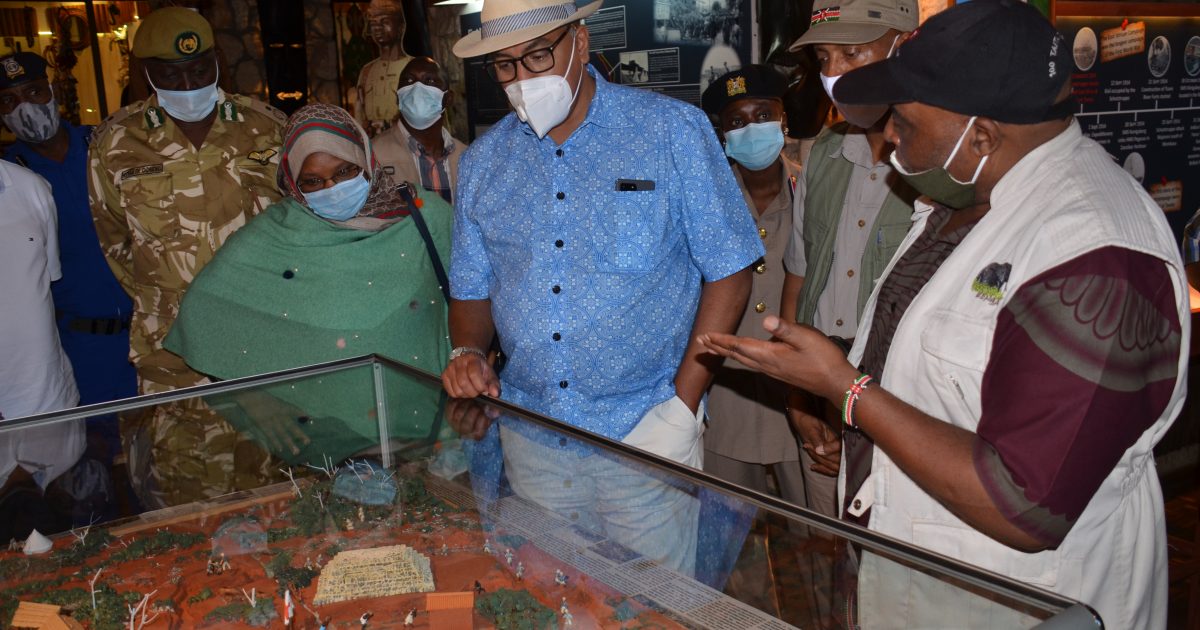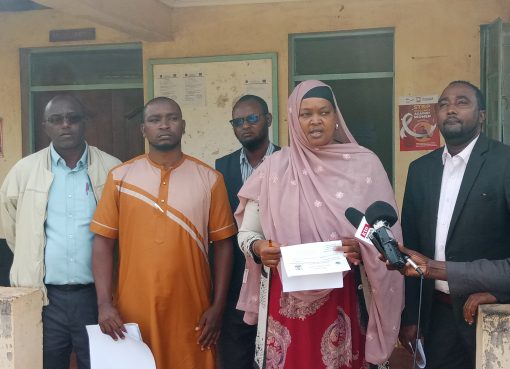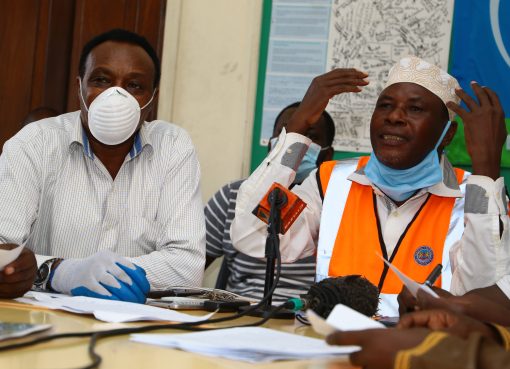
The government’s investment in roads and railways across the country is paying dividends as tourism industry players hailed the extensive networks bolstering the opening up of rural counties for domestic tourism.
Cabinet Secretary for Tourism and Wildlife Najib Balala termed the transport infrastructural network as a magic bullet that has encouraged domestic tourism which has become the backbone of supporting the sector in the wake of devastating coronavirus pandemic.
The CS was speaking on Saturday during the opening of the rebranded Taita Hills and Salt Lick Hotel and Lodges in Mwatate.
While admitting that the tourism sector had taken a significant hit from the Covid-19 pandemic, the CS noted that thousands of domestic tourists offered the much-needed support by visiting parks, travelling and patronizing hospitality establishments to keep the sector afloat.
“It is through the construction of roads and railway lines that we are now having Kenyans travelling and reaching destinations they could not earlier go to,” he said.
He further said that to encourage more people to visit Tsavo National Park and other attractions in the Coast region, the government would launch an additional Standard Gauge Railway (SGR) train to serve domestic tourists.
Other officials who accompanied the CS included Tourism PS Sabina Kwekwe, Pollman’s Group Director of operations Mohammed Hersi, officials from Kenya Tourism Board and security personnel from the county.
The launching of the rebranded Taita Hills and Salt Lick Safari Lodges comes months after Sarova Group of Hotels stopped managing the two iconic facilities that are located within the expansive 28,000-acre sanctuary.
The CS stated that the government was committed to cushioning the tourism sector from the worst of Covid-19 pandemic and cited the opening of the two hotels as a testimony of the industry’s resilience.
To support the sector, the government through Tourism Finance Corporation was in the final stages of finalizing financing agreements with hotels to give funds for refurbishment of buildings as part of an initiative to revive the sector. Other interventions include allocation of Sh1billion to support the 160 conservancies across the country.
The CS disclosed that already, the government had disbursed Sh1 billion for payment of salaries for 3,600 community rangers from September 2020 to September 2022.
“We have already started paying the salaries for the two years as part of our commitment to support conservation,” he said.
The CS ruled out further lowering of park-entry fee stating that any reduction of the monies would cripple the operations of Kenya Wildlife Service (KWS).
At the height of the coronavirus outbreak in Kenya, the government had cut the park entry fee by 50 per cent as part of incentive to encourage Kenyans to visit the national park and game reserves.
The CS stated that KWS was already cash-strapped and would not consider further lowering of the entry-fee.
He however encouraged the players in the hotel industry to value the domestic tourism market which held the key to resurgence of the once-vibrant sector.
He called for focus on issues of pricing, experience, product and services that would serve the domestic markets.
“The domestic tourism is emerging as the backbone of the tourism sector and has proven very supportive since the coronavirus struck. This market should be valued for it is very vital to the tourism sector,” he said.
There are also plans to partner with 28 ranches in the region to increase the areas occupied by the wildlife in the county whose 63 per cent of the land falls under Tsavo National Park.
The CS expressed regret that Tsavo National Park had lost its former glory and had been overtaken in terms of status and global fame by much smaller parks. He added that the government would partner with all stakeholders to ensure the park restored its glory.
Balala also regretted the incidences of human-wildlife reported across the country. He said that the government had paid compensation worth Sh1.8 billion though there were still outstanding claims.
In Taita-Taveta, the government had already paid over Sh70 million to affected families and another tranche of compensation money worth millions would be disbursed next year.
By Wagema Mwangi





